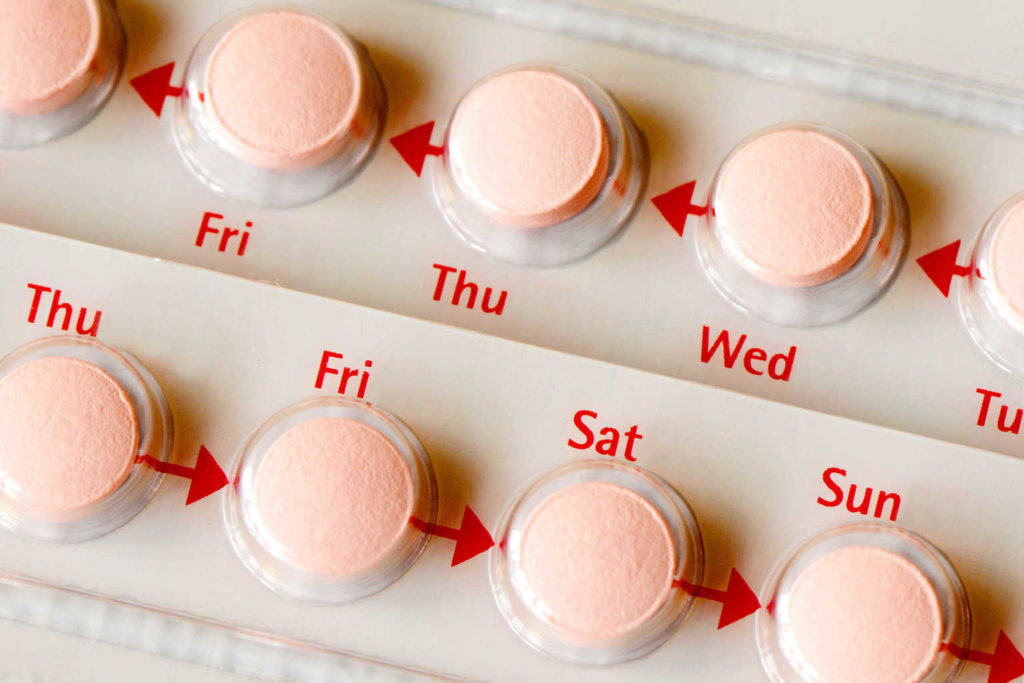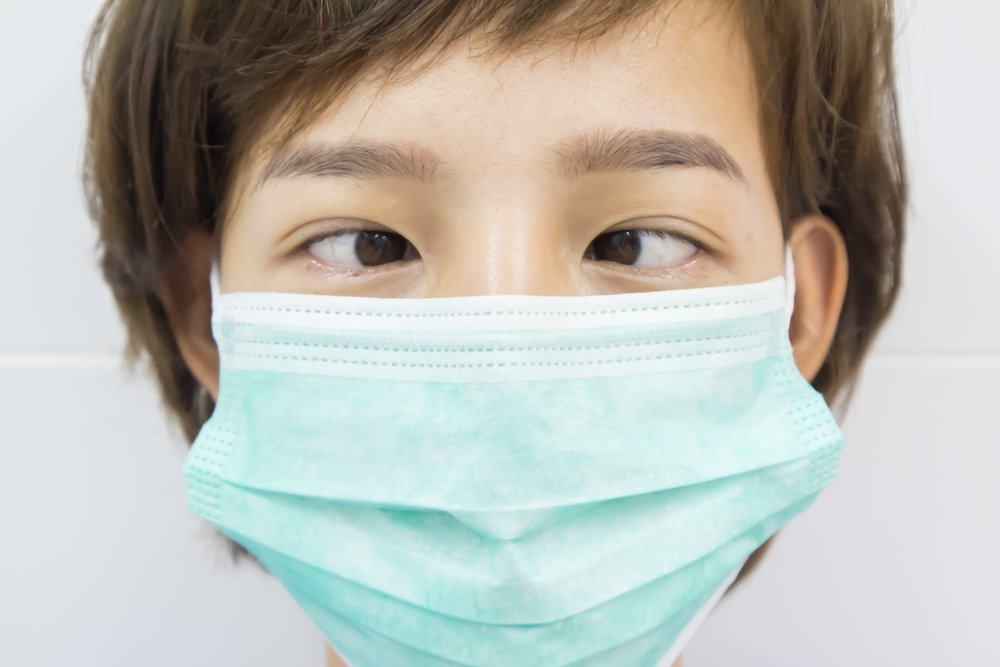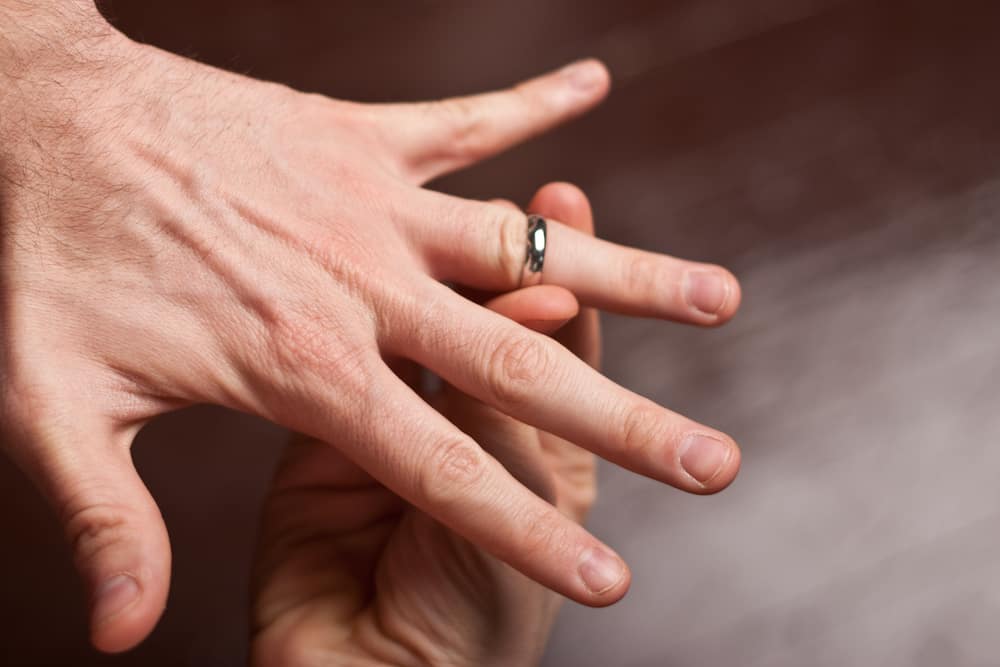Contents:
- Medical Video: Birth Control Pills
- What types of birth control pills are available?
- How do you use birth control pills?
- How effective are birth control pills?
- Do birth control pills protect from sexually transmitted diseases?
- What side effects of birth control pills might occur?
- Who can use birth control pills?
- How do you get birth control pills?
Medical Video: Birth Control Pills
Contraceptive pills (commonly called birth control pills) are daily consumed pills that contain hormones to change the way the body works and prevent pregnancy. Hormones are chemical substances that control and function the organs of the body. In this case, this hormone pill controls the ovary and uterus.
What types of birth control pills are available?
Most birth control pills are 'combination pills' which contain a combination of estrogen and progesterone to prevent ovulation (the release of eggs during the monthly cycle). A woman cannot get pregnant if she does not ovulate because there are no fertilized eggs. This pill also functions by thickening mucus and around the cervix, which makes it harder for sperm to enter the uterus and reach the egg that has been removed. The hormones in this pill can sometimes also affect the uterus, making it difficult for the egg to stick to the uterine wall.
Most birth control pills consist of a 21 day or 28 day package. One hormone pill is consumed every day at the same time in 21 days. Depending on your package, you can stop taking contraceptive pills for 7 days (for a 21-day package) or you can take pills that do not contain hormones for 7 days (for a 28-day package). A woman experiences menstruation when she stops taking pills that contain hormones. Some women choose the 28-day package because it helps them to stay in the habit of consuming pills every day.
There are also types of combinations of pills that reduce the frequency of menstruation by giving hormone pills for 12 weeks and antidotes for 7 days. This pill decreases the frequency of menstruation once every three months.
Other types of pills that can change the frequency of menstruation are low-dose progesterone pills, sometimes called "mini pills". This type of contraceptive pill is different from other pills which only contain the hormone progesterone or which contain a combination of estrogen and progesterone. This pill works by changing the cervical mucus and uterine wall, and sometimes by affecting ovulation. However, this mini pill can be less effective in preventing pregnancy than combination pills.
Mini pills are also consumed every day without pause. A woman taking a mini-pill may not have menstruation at all or remain menstruating but irregular. Mini pills must also be consumed at the same time every day, without missing doses.
How do you use birth control pills?
Any type of birth control pill can work well if taken every day at the same time, regardless of when a woman wants to have sex. This is especially true for progesterone pills.
For the first 7 days of taking pills, a woman still has to use additional contraceptives such as condoms, to prevent pregnancy. After 7 days, the pill can work alone to prevent pregnancy. But you need to keep using condoms to prevent transmission of sexual diseases.
If consumption of pills is missed or forgotten, you will not be protected from pregnancy and will need contraceptive reserves, such as condoms. Or you have to stop having sex for a while. Don't take pills belonging to friends or relatives.
How effective are birth control pills?
Within a year, about 8 out of 100 couples who depend on birth control pills to prevent pregnancy can experience unintentional pregnancies. Of course this is relative and depends on whether you take the pill every day or not. This pill is a contraceptive device, but just spending one day can increase the risk of pregnancy.
In general, how well the birth control pill works depends on many factors. This includes whether someone has a certain health condition or is undergoing other treatment, or is taking herbal supplements that can interfere with the performance of the contraceptive pill. For example, antibiotics or herbs such as St. John's Wort can intervene in the performance and effectiveness of the pill. How well the contraceptive method also depends on whether the chosen method is comfortable enough and whether someone remembers to use it correctly at all times.
Do birth control pills protect from sexually transmitted diseases?
Birth control pills do not protect you from venereal disease. Couples who have sex must always use condoms along with birth control pills to prevent transmission of sexually transmitted diseases.
Abstinence (not having sex) is the only method that can always prevent pregnancy and transmission of sexually transmitted diseases.
What side effects of birth control pills might occur?
Birth control pills are safe and are an effective method of preventing pregnancy. Most young women who take birth control pills rarely show side effects. The few effects that can be experienced by women taking birth control pills are:
- Irregular menstrual schedules
- Nausea, dizziness, headache, and breast pain
- Mood changes
- Blood clots (rare in women under 35 years who don't smoke)
Some of these side effects increase during the first 3 months of taking birth control pills. When a woman experiences side effects, doctors will usually recommend pills with other brands.
These pills also have side effects that most women like, which usually make menstruation less, reduce abdominal cramps during menstruation, and are usually recommended for women who experience menstrual problems. Taking birth control pills usually causes acne, and some doctors will inform you about this. Contraceptive pills are also proven to protect us from a number of things such as breast disease, anemia, ovarian cysts, and ovarian and endometrial cancer.
Who can use birth control pills?
Young women who can always remember to take pills every day and want perfect protection from pregnancy can use contraceptive pills.
Not all women can use pills. In some medical cases, there are conditions that can make the pill ineffective or more risky. For example, this pill is not recommended for women who have blood clots, some types of cancer, or some types of migraine headaches. This pill is recommended for women who experience menstrual irregularities.
Anyone who feels pregnant must consult a doctor before using birth control pills. Women who feel interested in knowing more about contraceptive pills can consult a doctor or health practitioner.
How do you get birth control pills?
Your doctor or nurse will suggest the right birth control pill for you. They will ask about your health, your family's health history, and do a complete physical test, which may include a pelvic test. If the doctor or nurse recommends the pill, they should explain when you should start taking birth control pills and what to do if the pill is missed.
They will usually tell you to go back in a few months to check your blood pressure and see if you have a problem.
READ ALSO:
- Strengths and Deficiencies in Contraception With Birth Control Pills
- Using birth control pills in the long run will complicate pregnancy, right or not?
- Morning-After Pill, Emergency Contraception Preventing Pregnancy












